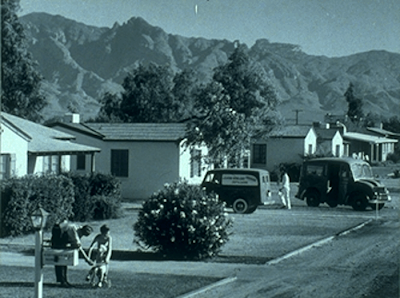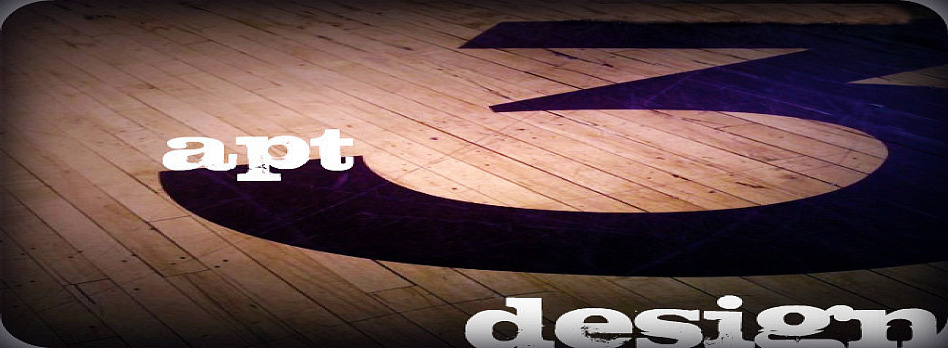
Last week I went off an older copy of our syllabus and as a result, I read the wrong chapter in our text. That being said, I did read chapter 6, and learned a number of things about media in general, the idea and origins of "mass media", and convergence of media forms with the advent of each new technology in the 20th-21st centuries. These, then, are my reflections on chapter 6.
The more technology grows and advances, the more exposure we have to media. This can be both a good thing, and a bad thing. Today's society has a more interactive experience with visual media which involves complex interconnecting networks. A shift has happened from mass-media consumers to niche markets, also known as contemporary media.

The "masses" was the term created in the late-19th century which refers to the structures of society during the industrial revolution, the emergence of the working class, and how that influenced social practices. The term, Mass Media was first used in the post-WWII era. The masses can be taken as a negative connotation equating to a passive audience of non-individualized, uncritical consumers. What was/is considered as mass society reaches into both private and public realms. Large companies with corporate boards versus small, locally owned businesses resulting in less personalized service. Urbanization versus rural towns contributing to population crowding, lack of personalization, alienation, assembly-line work, and boring, repetitive, often physical ("blue collar") type jobs.

The idea of mass society can also be thought of as a contribution to the erosion of family life. Again, this started around the era of industrial expansion due to the migration of families from rural areas into the cities. Their pursuit was for better housing, the promise of steady work, and access to modern goods, services and entertainment. Starting in the 1950s, and continuing today, what we know as the American Suburb, can be linked to a social alienation via "cheap" entertainment--films, TV, consumerism, and modernity are all used as replacements for connectivity with other people.

Mass media in the 1920s consisted of regularly scheduled programming, from a one-way (bias) broadcast model, at a central distribution source (newspaper, radio), which fostered a less critical audience. Mass media in the 1980s up to the present decade has increased our options for information with the invention and expansions of TV, cable TV, film, mobile devices, cell phones, Internet and satellite broadcasting. Along with these expansions has come more specific media catering to interests, tastes, and language groups. In addition, today's consumer is not just interacting but also producing much of the media in mainstream, everyday life.

While seeking images to include with this post, I discovered an interesting post on this blog. The author, Anne Helen Peterson of the University of Texas, makes some great observations about the modern equivalent of Mass Society--what she calls the "Minivan Majority".
[ ] = my additions.It’s hard to define the minivan majority in a sentence, so I’ll start with some descriptors. Not all of these are necessary true of everyone in the minivan majority — and if some of them describe you, that does not necessarily mean you’re in the minivan majority (and I want to make it clear that I don’t dislike or disdain the minivan majority — but it’s important to know the identity of those quietly driving taste and entertainment in the country.)
Some traits of the minivan majority:
- You probably live in a non-urban space — either suburban or rural, but most likely suburban.
- You are probably white.
- You have no radical convictions. You are neither an arch conservative nor strong liberal. In other words, you are probably a self-described ‘moderate.’
- You love pictures of babies. Especially celebrity babies.
- You believe things that appear in print in the gossip magazines.
- You are not overtly racist, sexist, or homophobic, but you might subconsciously discriminate against people who are different than you or the people that you know and see on an everyday basis.
- You don’t like things that are too much: too gross, too sexual, too outrageously expensive.
- You might own something from Ikea. You definitely own things from Target or Wal-Mart.
- You style is a combination of Gap, Banana Republic, Ann Taylor Loft, Talbots, Coldwater Creek [and I'm adding Old Navy, Eddie Bauer, and if a Pacific NW dweller, Columbia Sportswear].
- You are a parent.
- You probably battle your weight, even if it’s just those pesky ten pounds.
- You may own a minivan — or if not, a similar SUV type vehicle.
- You believe that people of any race, color, creed or background can make something of themselves with hard work.
- You believe in a higher power — most likely God — even if you don’t necessarily go to church every week [you are likely to make an appearance at Christmas and Easter].
- You are not generally an early adopter — of a technology, a political candidate, a new fad, etc.
- You enjoy the reliability of moderately price, moderate quality chain restaurants, [hotels, cars, appliances, housewares, clothing] and all-inclusive vacations.
- You have a subscription to Cooking Light and/or may contribute recipes regularly to allrecipes.com
Good clean fun in Gap khakis.
Now, some media products favored by the minivan majority:
- Jennifer Aniston
- Julia Roberts
- Tom Cruise
- Michelle Obama
- Celebrities who hit their career pinnacle about 10-15 years ago
- National Treasure (and other Nicholas Cage movies)
- Marley and Me
- Reese Witherspoon
- Jennifer Garner
- Michael Buble/Josh Groban
- Norah Jones
- Dave Matthews Band
- Two and a Half Men
- Desperate Housewives
- [Ghost Whisperer, Medium, Heroes]
- Sex and the City (latecomers — started watching Season 3 or later)
- Network television in general
- Jay Leno
- Martha Stewart and/or Rachel Ray
- Oprah, Oprah, Oprah. Oprah’s Bookclub, Oprah’s magazine, things recommended by Oprah.
- Entertainment Tonight, [annual music/film/TV celebrity award shows/ceremonies]
- People especially, maybe Us magazines.
- Nicholas Sparks novels and film adaptations
- American Idol, Dancing with the Stars, The Bachelor/Bachelorette -- [Project Runway, America's Next Top Model, The Amazing Race, SURVIVOR, Big Brother, CSI, The Biggest Loser, Wife Swap, Extreme Makeover--any edition.]


No comments:
Post a Comment
Share your thoughts: